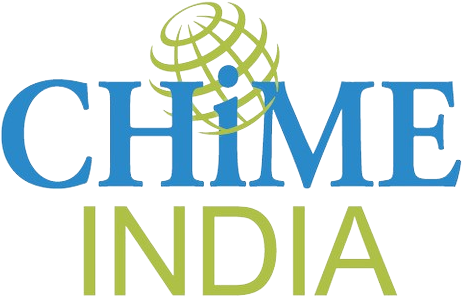Written by : Jayati Dubey
December 6, 2023

The regulation underscores the importance of ethical and scientific compliance in ISM research. It mandates that all ISM-related clinical trials must adhere to the good clinical practice guidelines issued by relevant research councils.
The National Commission for Indian System of Medicine (NCISM) has unveiled regulations aimed at setting robust standards for medical research within the Indian System of Medicine (ISM).
The framework includes provisions to address research misconduct, non-compliance, or violations of mandatory guidelines, marking a pivotal step towards ensuring the quality and ethical conduct of research activities.
The "National Commission for Indian System of Medicine (Medical Research in Indian System of Medicine) Regulation, 2023" introduces a structured approach to medical research within the ISM.
One noteworthy provision establishes a research monitoring committee for ISM, led by the President of the Board of Ayurveda as the Chairman. This committee will play a crucial role in overseeing research activities within the field.
The regulation emphasises adherence to ethical and scientific guidelines during research endeavours. It specifically mandates that all clinical trials related to ISM must align with the good clinical practice guidelines issued by relevant research councils of ISM.
Furthermore, researchers must comply with international and national regulatory guidelines for biomedical research, including the Drugs and Cosmetic Act 1940 and Rules (1945), the Declaration of Helsinki, the Good Clinical Practice Guidelines of the Union Ministry of Health and Family Welfare, and other relevant regulations.
The guidelines outlined by the Committee for the Control and Supervision of Experiments on Animals (CCSEA) under the Government of India are to be followed for animal experiments.
Additionally, interventional clinical trials and studies must be registered with the Clinical Trial Registry of India (CTRI) before the enrollment of the first participant.
The NCISM is empowered by the regulation to take actions, including sanctions and disciplinary measures, in cases of proven research misconduct, non-compliance, or violation of mandatory guidelines.
Sanctions may range from warnings and reprimand letters to penalties, withdrawal of grants, withdrawal of publications, and other appropriate measures. The Commission will also provide guidelines for future monitoring and may initiate legal action based on expert advice.
The regulation defines research misconduct comprehensively, covering actions such as fabrication, falsification, plagiarism, and deviations from accepted practices.
It also addresses failures to follow established protocols that may result in harm to humans or the environment. The intentional, unauthorised use, disclosure, or damage to research-related property is also considered misconduct.
Organisations conducting research are obligated to investigate allegations of research misconduct against their research teams impartially. Findings of research misconduct will be considered by the Institutional Ethics Committee, with disciplinary action at the discretion of the institutional head.
The outcomes of such investigations will be conveyed to relevant stakeholders, including sponsors, the Commission, and other associated bodies.
The regulation underscores the seriousness with which research misconduct is treated and assures protection for those raising genuine concerns. It advocates for transparent and fair procedures when dealing with allegations of research misconduct, offering accused parties the right to respond and appeal.
The committee responsible for monitoring research comprises key figures in the ISM domain, including the President of the Board of Ayurveda as the Chairman, the President of the Board of Unani Siddha and Sowa-Rigpa as Co-Chairman, and Directors General from various research councils.
With a term of three years, this committee will meet regularly to ensure adherence to standard operating procedures, address conflicts of interest, and maintain codes of conduct for its members.
The NCISM's regulatory framework signifies a significant stride towards promoting high-quality research in ISM, ensuring ethical practices, participant protection, and overall excellence in the domain. The regulations are poised to elevate India's standing in medical research, particularly within the rich and diverse landscape of the Indian System of Medicine.
The College of Healthcare Information Management Executives (CHIME) is an executive organization dedicated to serving senior digital health leaders. CHIME includes more than 5,000 members in 56 countries and two US territories and partners with over 150 healthcare IT businesses and professional services firms. CHIME enables its members and business partners to collaborate, exchange ideas, develop professionally and advocate the effective use of information management to improve the health and care throughout the communities they serve. CHIME's members are chief information officers (CIOs), chief medical information officers (CMIOs), chief nursing information officers (CNIOs), chief innovation officers (CIOs), chief digital officers (CDOs), and other senior healthcare leaders. The CHIME India Chapter became the first international chapter outside North America in 2016 and is now a community of over 70+ members in India. For more information, please visit www.chimecentral.org
